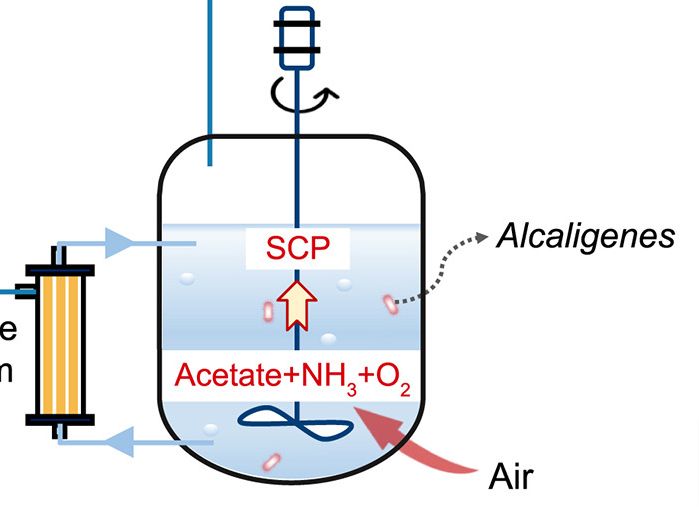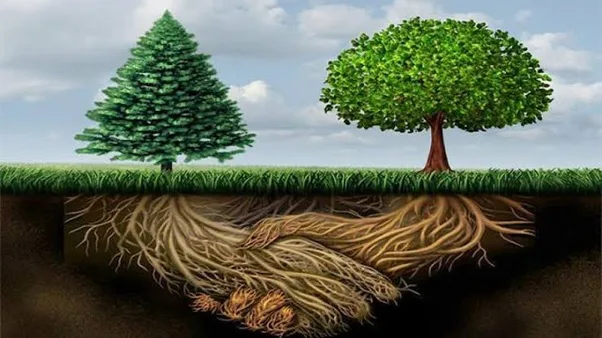Everyone realizes the importance of recycling potential wastes into useful products. This recycling process helps in reducing the requirement for raw materials, minimizing energy usage, curb water and air pollution, thus reducing greenhouse gas emission. Experts around the world are trying ceaselessly to look for new and innovative techniques to recycle wastes. In one such attempt, researchers have found an innovative method to recycle lignin, which is a biomass waste, into certain chemicals that can be put to use in other applications.
Recycling Lignin
Lignin is the complex material responsible for making trees and cornstalks strong and sturdy. Though it accounts for approximately 30 percent of organic carbon present in the biosphere, researchers have yet to find a better way of using them. Lignin constitutes chains of six carbon rings, known as aromatics and which is considered as basis of certain sustainable source of useful chemicals. They are also one of the large quantity renewable feedstock containing aeromatics.
Senior author and expert in green chemistry, Shannon Stahl at the University of Wisconsin Madison adds that these aromatics are used in the making of products such as plastic soda bottles, synthetic fiber as Kevlar, pesticides and pharmaceuticals. But so far, aromatics were only procured from petroleum based fuels. Moreover, lignin is very resistant, and it’s tough to break it into subunits. So it is highly recommended to find an economical way, using which lignin could be converted into valuable materials. Therefore, this technique is important in substituting fuels and chemicals based on petroleum with biorenewable materials.
Breaking down of lignin
Researchers observed that the process of exposing lignin to oxygen and later treating them with a weak acid under mild conditions resulted in the yields of high quality aromatics. This process of lignin breakdown can be used for creation of other important chemicals. First author of the study, Alirez Rahimi explains that the lignin chains become vulnerable upon oxygen exposure, following which acid treatment completely breaks the links.
The newly discovered process of breaking of lignin would help in the creating many valuable materials and chemicals. However, chemicals derived from this technique would require certain manipulation before they can be sent to market. This might also help in creating a viable substitute for petroleum that would be required for petroleum-based products. Lignin is an important renewable biomass material that has multiple applications in the future, while considerably reducing environmental impact.
Source: University of Wisconsin-Madison




